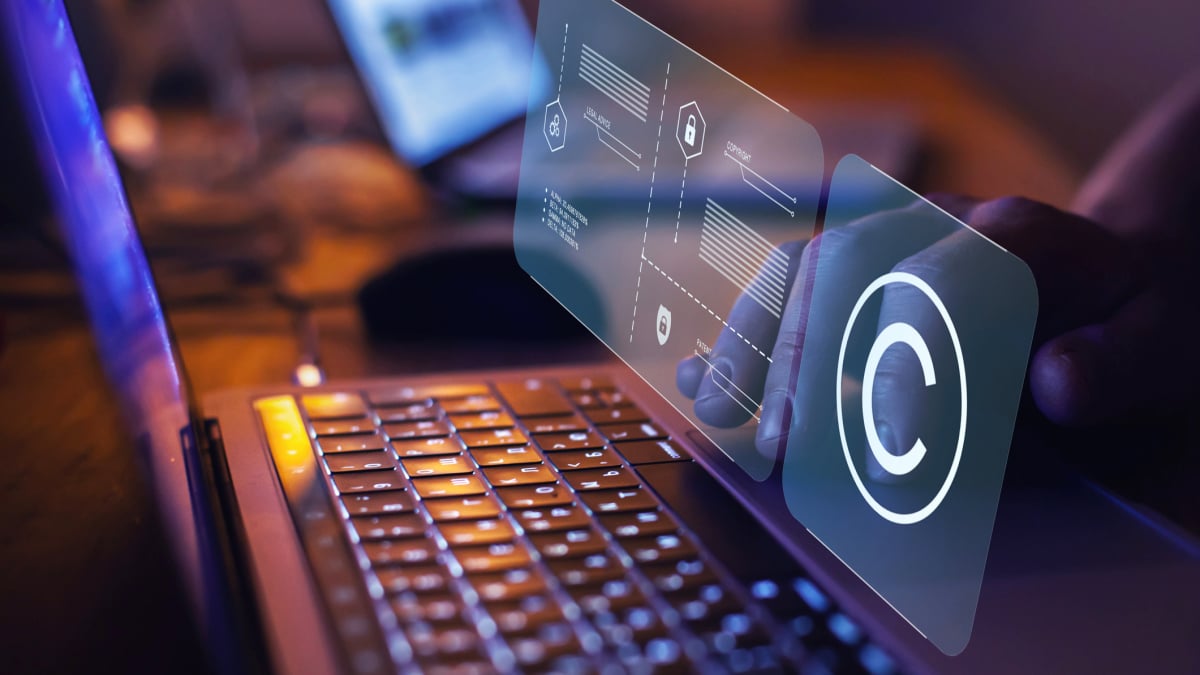[ad_1]
The U.S. Copyright Office has weighed in on who owns AI-generated work in the era of ChatGPT.This week, the federal agency published(Opens in a new tab) new guidance about AI and copyright law, saying it is open to granting ownership to AI-generated work on a “case-by-case” basis. “The Office will consider whether the AI contributions are the result of ‘mechanical reproduction’ or instead of an author’s ‘own original mental conception, to which [the author] gave visible form,'” said Shira Perlmutter, director of the Copyright Office.
SEE ALSO:
How ChatGPT and AI are affecting the literary world
Essentially, copyrighted work will depend on how the person uses AI to generate content. As we’ve seen with ChatGPT and Bing Chat, you can prompt it to write a poem in the style of William Shakespeare or a song about chicken wings a la Jimmy Buffett. But because generative AI produces “complex written, visual, or musical works in response,” the “‘traditional elements of authorship’ are determined and executed by the technology,” and therefore the Office wouldn’t accept this as copyrighted material. The user doesn’t have creative control over how the AI interpreted and expressed the work, so it doesn’t count.
Tweet may have been deleted
(opens in a new tab)
(Opens in a new tab)
On the other hand, a user “may select or arrange AI-generated material in a sufficiently creative way” that it becomes an original work based on the user’s creativity, and such a work could be copyrighted. Ultimately, “what matters is the extent to which the human had creative control over the work’s expression,” said Perlmutter. If this all sounds nebulous and confusing, that’s because it is. This is brand new territory for copyright law that the Copyright Office has been forced to address due to the sudden popularity of generative AI. There have been other tricky copyright cases in the recent past, like who authored the selfie taken by a monkey. The agency ultimately ruled against granting a copyright, saying copyrighted work must be created by a human. But in that case, the distinction between human and animal was clear.
SEE ALSO:
Getty is suing a popular AI image generator for copyright infringement
AI chatbots have become so sophisticated that the line between human and machine generated work is increasingly blurred. In theory, the Copyright Office’s policy that it won’t “register works produced by a machine or mere mechanical process that operates randomly or automatically without any creative input or intervention from a human author” is pretty clear cut, despite the rambling sentence. But in practice, using AI to “brainstorm” ideas or “collaborate” on a work of art is murky business. Perlmutter concluded the statement by saying “the Office continues to monitor new factual and legal developments involving AI and copyright.” She was only referring to the Copyright Office, but it perfectly encapsulates the collective sentiment about AI: We know this is going to be huge, but we don’t how yet, so we’re taking it day by day.
[ad_2]
Source link





